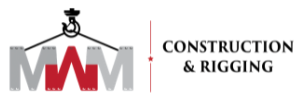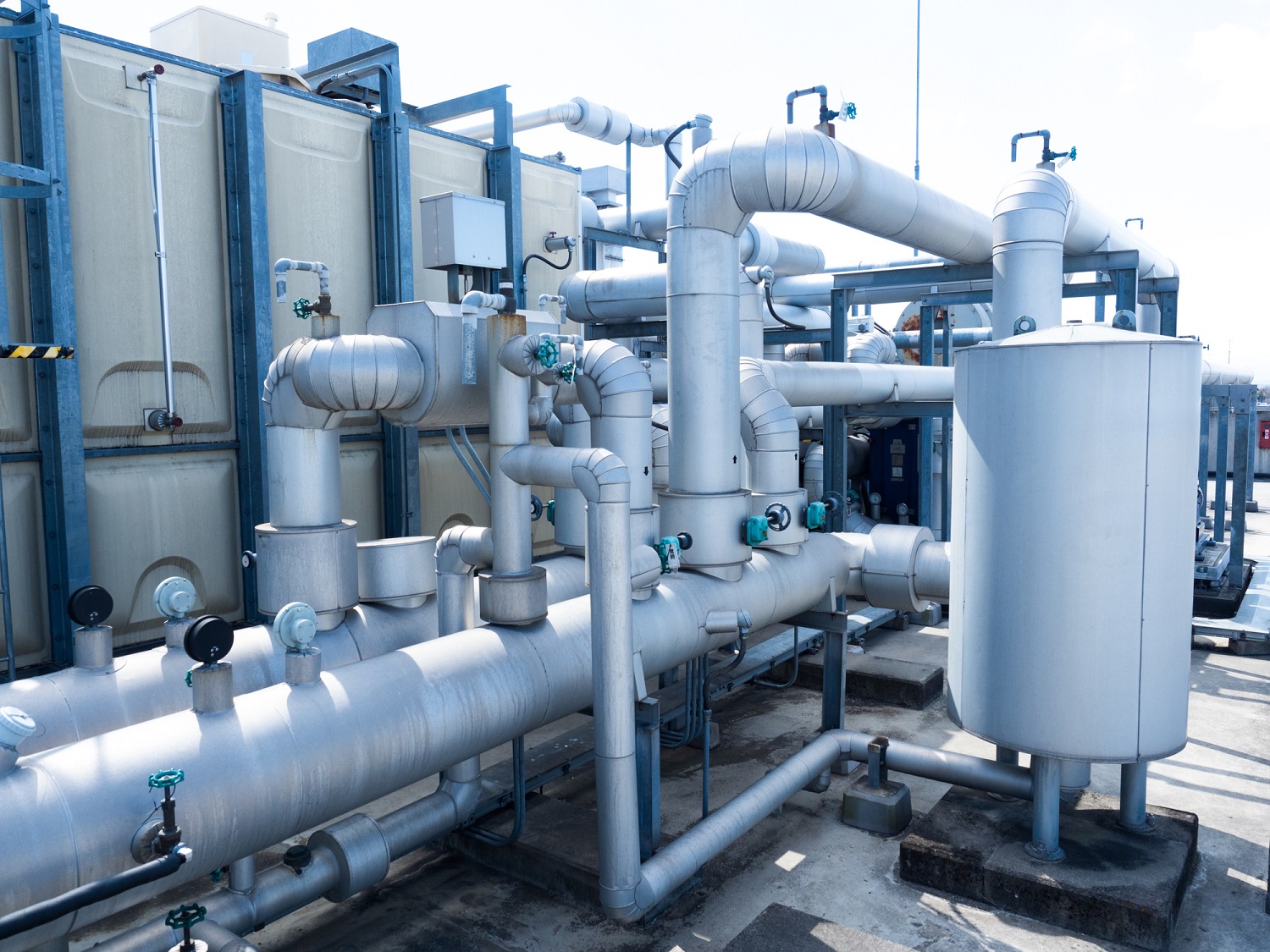Commercial Plumbing
Get a Quote
Hiring someone for plumbing, you must know the ins and outs of commercial plumbing so that you know what to look for. Silent leaks, sewage blocks, clogs, and low water pressure can be a nightmare for customers and employees alike. They’re not only inconvenient but may even cause a temporary closure of your facility, resulting in significant losses. A commercial plumber can solve all your clogging and sewage problems. To help you out, we’ve created a beginner’s guide to commercial plumbing and its benefits:
Commercial Plumbing
Commercial plumbing involves complex faucets and pipe installation in commercial spaces. Individuals typically require plumbing in multipurpose buildings, strip malls, hospitals, high-rise offices, and warehouses. Homeowners in huge condominium complexes and apartments may hire skilled commercial plumbers to fix their faucets or upgrade piping systems.
What are the Various Commercial Plumbing Services?
Hotels, government buildings, shopping centers, commercial offices, and schools require the skillset of commercial plumbers.
Typically, these services include:
- 24/7 emergency call-out services
- Blocked drain clearing
- Burst pipes and water leaks
- Gas repairs and installation
- Grease trap cleaning
- Fire sprinkler system construction
- Hot water system maintenance
- Sewer and stack replacement insurance work
- Thermostatic mixing valve inspection and testing
- Water pressure problems
Who is a Commercial Plumber?
Commercial plumbers maintain, repair, refurbish, and install plumbing systems in commercial spaces like restaurants, warehouses, and hospitals. The job responsibilities and duties of a commercial plumber include:
- Following building plans and designs
- Working on more extensive and complex plumbing systems
- Encompassing water heating systems
- Upgrading boilers and fire sprinklers
Commercial plumbers may even design commercial plumbing infrastructures like pipework, boiler, and waste sewage systems.
Commercial vs. Residential Plumbing
Residential, and commercial plumbing share various similarities. Let’s discuss the noticeable differences between commercial and residential plumbing:
Commercial vs. Residential Plumbing
Here we discuss the significant differences between residential and commercial plumbing:
Size and Durability
The most significant difference between commercial and residential plumbing is the size of the job. Commercial plumbing jobs are comparatively more extensive than residential ones.
Commercial plumbing includes extensive properties like a business, apartment, complex, shopping mall, or restaurant.
Frequency
Commercial spaces require frequent plumbing maintenance, whereas residential buildings require annual maintenance services.
It results from the frequent use of commercial buildings by multiple clients and employees. On the other hand, only family members are dependent on residential plumbing systems.
Complexity
It’s no surprise that commercial buildings have multiple floors, sinks, fittings, toilets, and faucets. But residential buildings typically have straightforward navigation.
Thus, commercial plumbers must understand and navigate through the complex building structure.
Efficiency
Leaky taps and inefficient heaters have a greater impact on commercial buildings. They can cause significant energy waste and require resources to maintain and fix.
Thus, commercial plumbers have a comparatively greater responsibility to ensure the performance and efficiency of plumbing systems.
Probability of Damage
Commercial facilities entail complicated plumbing systems that are prone to damage and repairs. But residential buildings experience minor damage because of the smaller size of a plumbing system.
It means that a small plumbing problem can be disastrous for your commercial workplace.
Health Issues
People use commercial buildings more frequently, especially shopping malls, restaurants, and hospitals. It means that business owners must follow strict health care laws and ensure good hygiene in plumbing systems.
On the other hand, residential plumbing systems are more manageable due to fewer people. As a result, commercial plumbing requires various, robust fixtures that are easy to clean and maintain.
Complexity of Architecture
Commercial plumbing is comparatively complex than residential plumbing. Commercial plumbers often work in offices and homes with multiple floors, toilets, and sinks. Moreover, hundreds of people use commercial buildings every day. It means commercial plumbing has more potential for surprises and damage.
Usage Demand
Using a toilet or sink 40 times a day would result in wear-and-tear quickly- as is the case in commercial plumbing. Commercial buildings tend to have several hundred people in a single building utilizing a limited number of facilities. Thus, commercial sinks and faucets wear out faster than residential ones.
Grades and Fixtures
Another noticeable difference between residential and commercial plumbing is that industrial spaces require more significant daily usage. So, plumbing systems in commercial buildings must be of higher-grade pipes and fixtures. Commercial plumbers have a higher grade and durable design.
Potential for Damages
Complicated plumbing systems have a higher potential for damages than residential. There’s a limited amount of damage if something goes wrong in a sink or shower in one part of the house. But commercial facilities include multiple floors and plumbing systems that can cause a lot of damage.
Types of Plumbing Pipe Materials in Commercial Building
Plumbing materials may be of various materials, such as:
Copper Pipes
Copper pipes are ideal for water supply systems since they have high resistance to corrosion with better ductility, considerable strength, and high pressures.
Copper pipes are of two types:
- High Gauge Copper Pipes- Useful in areas where inline pressures are high
- Light Gauge Copper Pipes- Helpful for internal distribution for domestic purposes
Unfortunately, copper pipes are comparatively costly.
Galvanized Iron Pipes
Engineers treat iron pipes with zinc coating to prevent corrosion and rust. Galvanized iron pipes are available in varying grades that are distinguishable from their level of thickness. Galvanized iron pipes are helpful for the internal plumbing network of water supply. Moreover, engineers may install galvanized iron lines in hot and cold-water lines. These pipes are costly and are difficult to rectify.
Stainless Steel Pipes
A frequently used plumbing material is stainless steel. Plus, stainless steel material is resistant to corrosion and rust, robust, and strong. However, the high price tag of stainless-steel pipe materials makes it an impractical plumbing material.
Brass Pipes
Brass is another widely used pipe and fitting material highly resistant to rust and corrosion. It’s also super durable and promises a long lifespan. Another bonus point of choosing brass is that it threads better than stainless steel pipes.
PEX Pipes
Cross-linked polyethylene or PEX is highly tolerant of heat and cold, meaning engineers can use it in different water supply applications. Moreover, PEX pipes are super flexible and versatile, allowing users to bend them around obstacles. Since it reacts with ultraviolet light, engineers prefer it for outdoor use.
CPVC Pipes
CPVC and PVC boast similar physical structures but have varying chemical forms. It is because manufacturers add chlorine during the production of CPVC. CPVC is a strong, rigid, and powerful pipe available in various pipe and fitting sizes. These pipes can handle temperatures up to 200oF, ideal for hot water lines.
Plastic Pipes
Engineers install plastic pipes for cold water service networks. These types of lines are comparatively cheaper and high in demand. Plastic pipes are resistant to corrosion and lightweight. Plus, they are easy to install.
PVC Pipes
PVC pipes cost comparatively less than galvanized iron and have a vast application in construction work. Since PVC can handle temperatures only up to 140oFahrenheit, engineers avoid installing this material in hot water systems.
Top Benefits of Commercial Plumbing Services
Common plumbing problems like dysfunctional toilets, clogged sewers, drainage lines, and leaky pipes can prove troublesome in residential spaces. But for commercial spaces, the repercussions of plumbing system problems can be relatively more significant. Hiring a highly experienced and skilled commercial plumber can solve all your plumbing issues. Let’s discuss the top five benefits of professional commercial plumbing services:
Reducing Clogging
Clogged drain pipes can be quite troublesome for your business. Unfortunately, drains in commercial spaces, especially restaurants and shopping malls, contain substances that blockages. Commercial plumbers save the day by pulling out substances that may slow down or clog drains with electric drain snakes.
Detecting Leaks
Water leaks aren’t only inconvenient, but they can also result in costly repairs and water bills. To help you save costs, commercial specialists employ state-of-the-art video inspection technology to pinpoint minor leaks. They may even identify weak points in your plumbing systems. Plus, allowing an expert to find leaks in your plumbing system can help you save up to 10 gallons of water per day.
Ensuring Increased Lifespan
Significant leaks in your pipes can be disastrous for your plumbing system. However, regular plumbing maintenance can prevent potential major leaks while extending the lifespan of your pipes.
Replacing Old Pipes
Old and worn-out pipes turn tap water undesirable, unhygienic, and unclean. Hiring an expert commercial plumber is an excellent way of updating old lines in your commercial building. A professional plumber will switch old and broken pipes with top-notch quality ones. Certified and highly trained commercial Commercial plumbers can create detailed plumbing drawings to update your plumbing system. They may even employ revolutionary tools to identify potential leaks in your commercial structure. Consequently, they’ll replace old gas pipes with new ones.
Upgrading Your Plumbing System
Commercial pipe upgrades become necessary when you experience:
- Gurgling Sounds
- Reduced Water Pressure
- Outdated Drainage
- Sluggish Drainage
- Unpleasant Odors from Fixtures
- Water Stains on Walls or Ceilings
Protect and upgrade your commercial facility by leveraging professional plumbing installation and maintenance services. Expert plumbers utilize the latest technology and proven practices to restore and upgrade your plumbing system.
Pros of Commercial Plumbing Services
Commercial businesses typically conduct regular plumbing monitoring, upgrading, and maintenance. Since large commercial buildings have expansive plumbing infrastructures, routine maintenance is essential to quickly and effectively troubleshoot problems before they cause significant losses.
Here we discuss the top benefits of commercial plumbing services in-depth:
Installing Pipe Networks
Commercial plumbers are experts in installing different kinds of plumbing furnishings and parts. Thus, hiring an expert plumber is an excellent way of accessing a well-drawn plumbing structure boasting sinks, faucets, bath heads, hand-loose taps, and more. Commercial plumbers may even integrate water heaters, automatic close-off valves, and handicap furnishings within your plumbing system.
Enhancing Plumbing Pipes
Many commercial buildings have old pipe systems that no longer adhere to updated industry standards and codes. These historic plumbing pipes also turn water unclean and destroy its flavor. Allowing an expert to upgrade your plumbing pipe systems helps you eliminate dirty water.
Creating Drain and Sewer Line Traces
Diligent plumbers can also assist you in creating drains and sewer traces. They’ll also help industrial businesses and homeowners eliminate stubborn materials clogging their drain pipes. In addition, they leverage state-of-the-art manual and sophisticated tools to curate carrier sewer structures, identify potential drawbacks in existing systems, and restore them efficiently.
The Bottom Line
Consider seeking commercial pipelining services if your commercial apartment, office building, shopping mall, restaurant, or hospital. When choosing a plumbing service provider, you must hire an expert plumber highly skilled in various plumbing services. Your desired plumber must be equipped in installations, system maintenance, upgrades, diagnosis, and checkups. Boost the functionality, performance, and aesthetic appeal by upgrading and revamping plumbing pipes and sewer lines.
Read more about MWM’s commercial plumbing expertise and services. We have a vetted group of sub-contractors and partnerships with various engineering and architectural firms for complete design-build applications.

